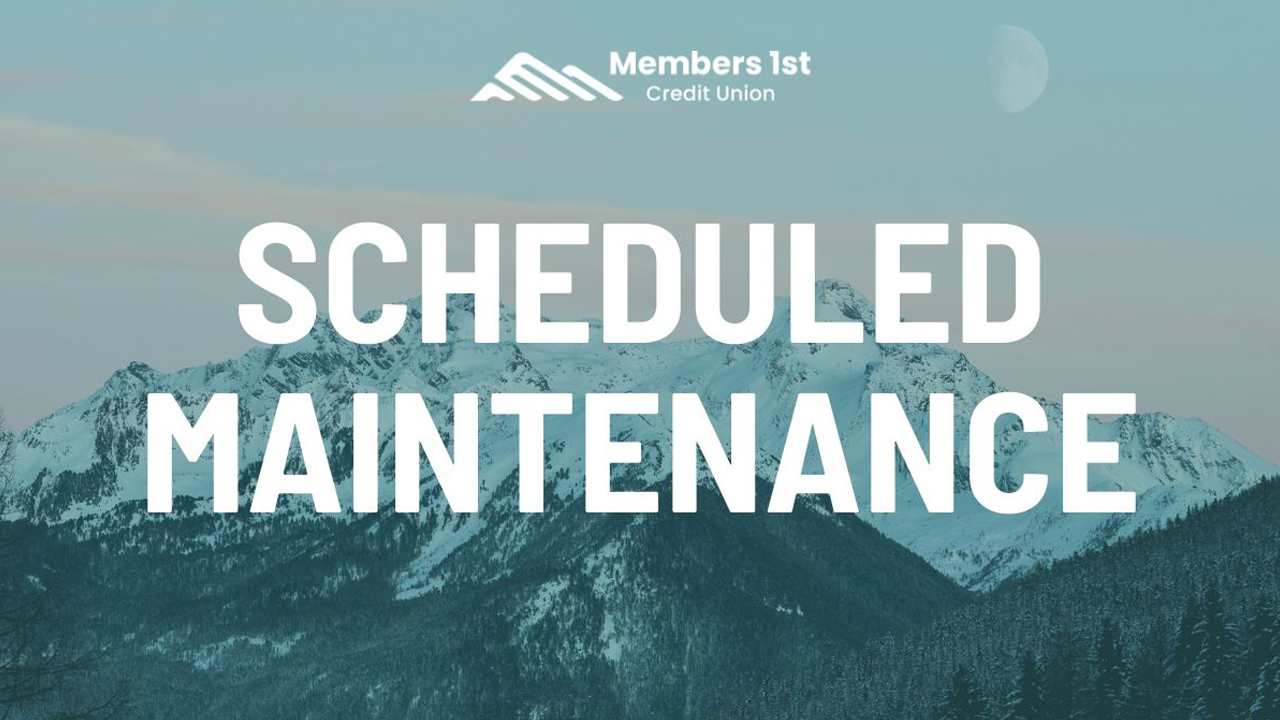
Tips to Prevent Scams Targeting Seniors
While our Members 1st Credit Union staff is highly trained to recognize suspicious activity, it's always a good idea to be aware of common scams. To help keep yourself and any older adults in your life safe, here are some great tips to keep in mind:
1. It's a good practice to let a phone call go to voicemail if you're unsure about the caller's identity. You can always call back later if it's a legitimate call. It's important to remain cautious even if you recognize the number because scammers can easily spoof phone numbers using technology. They can make it appear as if the call is coming from your phone number or a family member's number. So, it's better to be safe than sorry and let the call go to voicemail.
2. Be aware of "grandson scams," which target older people. Scammers pose as family members or close friends and ask for money urgently, claiming they're in trouble. If you get this call, hang up and call the family member or friend who supposedly contacted you. If you can't reach them, call someone else in your family or circle of friends, even if the caller told you to keep it a secret. Scammers are known to arrive at people's doors, asking for money urgently. Always be wary of who is at the door and notify the police immediately if someone makes this claim.
3. It's important to never disclose your Social Security number or credit/debit card number to an unknown caller. Financial institutions, credit card companies, or the IRS will never call you and ask for personal information over the phone. If they need to verify your information, they may ask you to call them back, but they will never ask you to disclose your personal information over the phone. It's always better to be cautious and never share your personal details with anyone over the phone unless you're absolutely sure about their identity and the purpose of the call.
4. Establish clear boundaries with hired help and caregivers and make it clear that they are not authorized to handle your finances or use your credit or ATM card. This will help protect your financial security and prevent any potential misuse of your personal information.
5. Avoid giving out any financial information if you're contacted by a debt collector. If you receive a call from a debt collector for the money you don't believe you owe, you may be a victim of identity fraud, where someone has used your identity to use your Medicare benefits. If you suspect something like this, contact your Senior Medicare Patrol (SMP), which can vary by state and can be found at smpresource.org. Always be cautious of strangers, even if they know your name, the name of someone you know, or even the last four digits of your social security number. You should know that some of that information is available online and via social media.
6. If you are honoring a loved one who is a veteran on Veterans Day, please be cautious of scammers who target family members with VA and charity scams. It is important to only donate to charities that prove that the contribution is tax-deductible. Additionally, never feel obliged to donate immediately, share account information or routing numbers, or transfer funds. You can verify whether a charity is legitimate using Charity Watch or other online charity tracker websites.
7. Lastly, warn your family, friends, and neighbors about scams. Don't be afraid to report financial exploitation to the Bureau of Elderly and Adult Services or your local police station. You can also report tips through the California Department of Consumer Affairs website.
To learn more about text and phishing scams, click here.


.jpg)
.jpg)
